
The US Food and Drug Administration (FDA) issued an emergency use authorization (EUA) of monoclonal antibodies bamlanivimab and etesevimab to treat mild coronavirus disease 2019 (COVID-19) in both pediatric and adult patients.
Ms. Hester is Content Specialist with Contemporary OB/GYN and Contemporary Pediatrics.

The US Food and Drug Administration (FDA) issued an emergency use authorization (EUA) of monoclonal antibodies bamlanivimab and etesevimab to treat mild coronavirus disease 2019 (COVID-19) in both pediatric and adult patients.
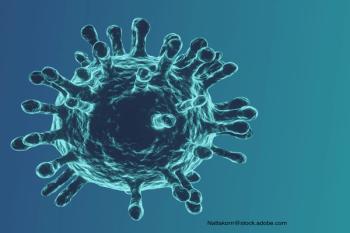
The Biden transition team has named more members of the COVID-19 response team, including pediatrician and lawyer Dr. Kessler.

An investigation examines whether parental prescription opioid use impacts a child’s opioid use and misuse.

Contemporary Pediatrics sat down with Andrew J. Schuman, MD, FAAP, to discuss his reflections on 2020 and what he thinks may happen in 2021.

Spending time around animals as an infant has been suggested as a way to reduce the incidence of atopic dermatitis. An investigation offers some insight.

The American Academy of Pediatrics (AAP) has updated their guidance on participating in sports during the COVID-19 pandemic.

A new report looks at whether nebulized magnesium could impact hospitalizations due to asthma.

Contemporary Pediatrics sat down with Andrew Schuman, MD, FAAP, to discuss the ear exam, hearing loss, and when to refer to audiology.
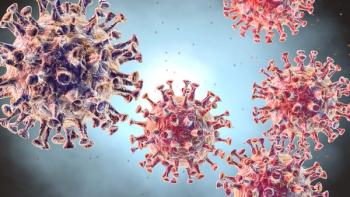
Infectious Disease Society of America offered a look at the current treatment options for COVID-19 and stressed the need to maintain precautions to keep people safe.
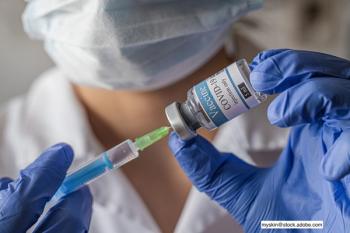
Pfizer and BioNTech have released interim information on their Phase 3 COVID-19 vaccine trial.

Contemporary Pediatrics sat down with Andrew J. Schuman, MD, FAAP, who is a clinical assistant professor of pediatrics at the Geisel School of Medicine at Dartmouth and also a practicing pediatrician, to talk about why he went into medicine and what he loves about pediatrics.

Catching congenital cytomegalovirus can help improve the outcomes for affected children. A presentation at the virtual 2020 American Academy of Pediatrics National Conference & Exhibition shares insights on screening and treating the infection.
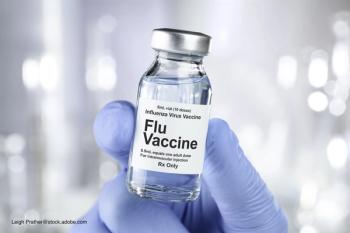
The 2020-2021 influenza season will be a strange one because of COVID-19. The National Foundation for Infectious Disease (NFID) aired a webcast that addressed how important the influenza vaccine was going to be to keep people safe during uncertain times.

Previous research has shown adverse neuropsychiatric outcomes among infants who are born preterm and postterm. An investigation examines the outcomes of children born at term.

Many things in childhood can have a lifelong impact. A new study sheds light on how peer marginalization can impact cardiovascular outcomes in adulthood.

The 2016 Zika epidemic made microcephaly a common term, but a new investigation indicates that congenital cytomegalovirus, which is much less studied, could be an even bigger cause of the birth defect.
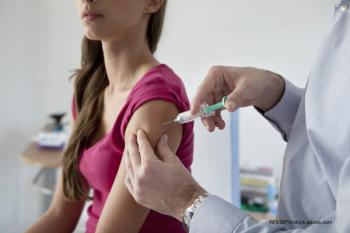
Human papillomavirus (HPV) vaccination coverage has lagged in the United States. A report looks at whether the coverage will meet the Healthy People 2020 goal.

Smoking has many negative health effects and a new investigation adds an increased risk of childhood weight issues when exposure to smoking in utero.

Tablets, smartphones, and apps are a part of daily life for many children. Unfortunately, those same apps could be giving third parties identifying information, according to an investigation.

Endocrine-disrupting chemicals are nearly ubiquitous in day-to-day life. Could they be linked to attention-deficit/hyperactivity disorder-like (ADHD) behavior?

Burnout is often seen as something that happens to physicians who have been practicing for years. A new study looks at how burnout impacts trainee physicians.

Introducing foods is a milestone in every infant’s life, but are practitioners giving the best advice to uncover any food allergies? A survey study provides some answers.

Screenings are an important way to ensure that children get referred to necessary care, but gaps still remain. A new study reports on whether a quality program improved screening rates.

The US government has entered into an agreement to acquire the first 100 doses of a COVID-19 vaccine candidate developed by Moderna, Inc., pending approval by the US Food and Drug Administration.
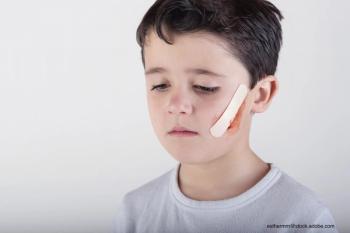
Not every child has a safe home. An investigation examines whether children with alleged maltreatment and who are at high risk of foster care placement have an increased risk of hospitalization for injuries.
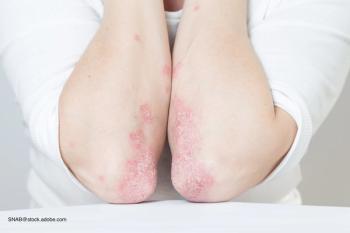
The US Food and Drug Administration (FDA) has approved STELARA for treating moderate-to-severe plaque psoriasis in children.
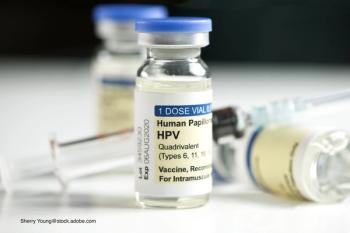
The human papillomavirus (HPV) vaccine is the key to a major public health victory, but the vaccine coverage has been less than effective. A report offers some answer to how parental intent has made an impact.

A bone fracture is a painful experience and ibuprofen may be used to treat the pain. A report examines whether it could inhibit bone healing.
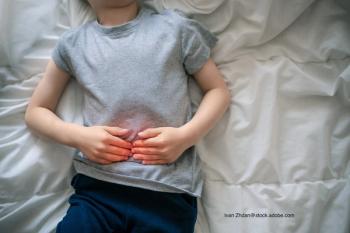
When diagnosing inflammatory bowel disease (IBD), pediatricians may want to avoid using endoscopy. Here’s a look at how 4 alternate strategies work.

Urinary tract infections (UTIs) are common in childhood, but the long-term effects remain little studied. A new report examines if pregnancy could reveal renal damage.